Insider’s Guide to Buying and Exporting Raw Sugar from Zimbabwe
Insider’s Guide to Buying and Exporting Raw Sugar from Zimbabwe
Raw sugar is also known as refinery or brown sugar. It’s a type of unprocessed sugar that is produced directly from raw cane juice. Raw sugar is often exported from Zimbabwe and other African countries. But if you’re interested in exporting raw sugar, read on to learn more about the process, regulations, and costs involved in buying and exporting raw sugar from Zimbabwe. The Zimbabwean economy has experienced a lot of ups and downs over the last few decades. For example, between 2004 and 2007, its GDP dropped by almost 60 percent. However, things started to improve again in 2008 with the introduction of the multiple currency system. In 2015, ZIMRA introduced new incentives for the production of raw sugar which resulted in a rise in production levels. Raw sugar was at an all-time high in 2017 but fell back again by 20% in 2018.
What is the process for buying and exporting raw sugar in Zimbabwe?
First, you’ll need to find a supplier who’s willing to sell raw sugar to you. You may also want to consider purchasing raw sugar from the local market. Zimbabwe has two major export seasons for raw sugar: October to December and June to August. Raw sugar is also produced in February, March, and April but the production levels are much lower. Once you’ve found a supplier and agreed on the price, you’ll need to make an initial payment. You’ll then have to arrange the transportation of the raw sugar to a bank warehouse of your choice. After you’ve received the confirmation and the letter of credit has been issued, you’ll be able to export and ship your raw sugar.
Exporting Raw Sugar from Zimbabwe
To export raw sugar from Zimbabwe, you’ll need to comply with the Zimbabwe Agricultural and General Standard Board (ZAGSB) requirements. You’ll also need to comply with the importing country’s regulations. In some countries, you may need to get a phytosanitary certificate. You can avoid these requirements by exporting raw sugar to the EU under the tariff quota. Depending on the destination and type of raw sugar, you may need to comply with specific packaging requirements. For example, if you’re exporting raw sugar to the EU, you’ll need to comply with the Food Contact Materials regulation. Some countries require an inspection report. If you’re exporting raw sugar to the EU, you’ll need to comply with the Food and Feed Control Regulation. This means you’ll need to use a third-party service provider to conduct a food safety analysis and inspection.
Which Documents are Required to Export Raw Sugar from Zimbabwe?
You’ll need to comply with the importing country’s regulatory framework and document requirements. Some of the documents you may need to comply with include: – Certificate of Origin: A CO is a document that confirms the product has been manufactured in the country of origin. – Phytosanitary Certificate: You may need to obtain a phytosanitary certificate if you’re exporting raw sugar to the EU or other countries that have strict phytosanitary requirements. – Commercial Invoice: A commercial invoice is a document that outlines the details of the transaction such as the name of the product, quantity, price, and other relevant details. – Health and Safety Assessment: This document details the potential hazards and risk factors associated with the particular process. – Importing Country’s Import Requirements: Depending on the importing country, you may need to comply with other regulatory requirements.
How Much Does it Cost to Export Raw Sugar from Zimbabwe?
Zimbabwe’s gross domestic product (GDP) is expected to increase to $31.1 billion in 2019 from $32.2 billion in 2018. The economy has a strong base in the agricultural sector (over 90% of its exports are composed of agricultural commodities) and mining. Average export revenues hover around $3.4 billion annually with average import costs estimated at $3.1 billion. For the average cost of exporting raw sugar from Zimbabwe, you’ll need to include the cost of production, raw sugar packaging, transport, and other relevant expenses. Keep in mind that these prices vary depending on the quantity and quality of raw sugar. For example, if you’re planning to export raw sugar to the EU, the standard price of raw sugar is $450 per ton. Raw sugar that complies with the Food Contact Materials regulation may sell for $480 per ton. And raw sugar that complies with the Food and Feed Regulation may sell for $520 per ton.
Conclusion
Raw sugar is a type of unprocessed sugar that is produced directly from raw cane juice. Raw sugar is often exported from Zimbabwe and other African countries. To buy raw sugar and export it, you’ll need to comply with the Zimbabwe Agricultural and General Standard Board (ZAGSB) requirements. You’ll also need to comply with the importing country’s regulations. In some countries, you may need to get a phytosanitary certificate. You can avoid these requirements by exporting raw sugar to the EU under the tariff quota. For the average cost of exporting raw sugar from Zimbabwe, you’ll need to include the cost of production, raw sugar packaging, transport, and other relevant expenses.


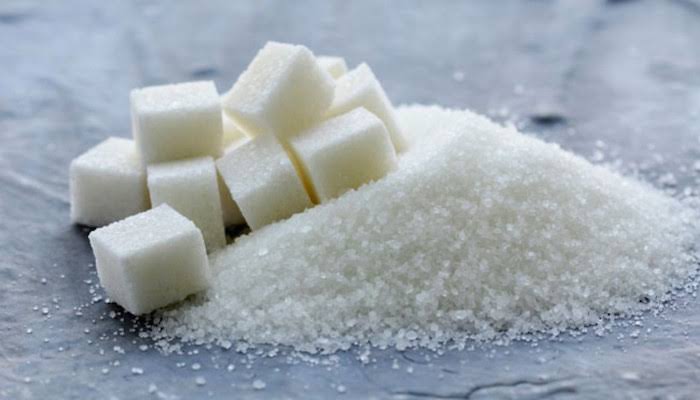
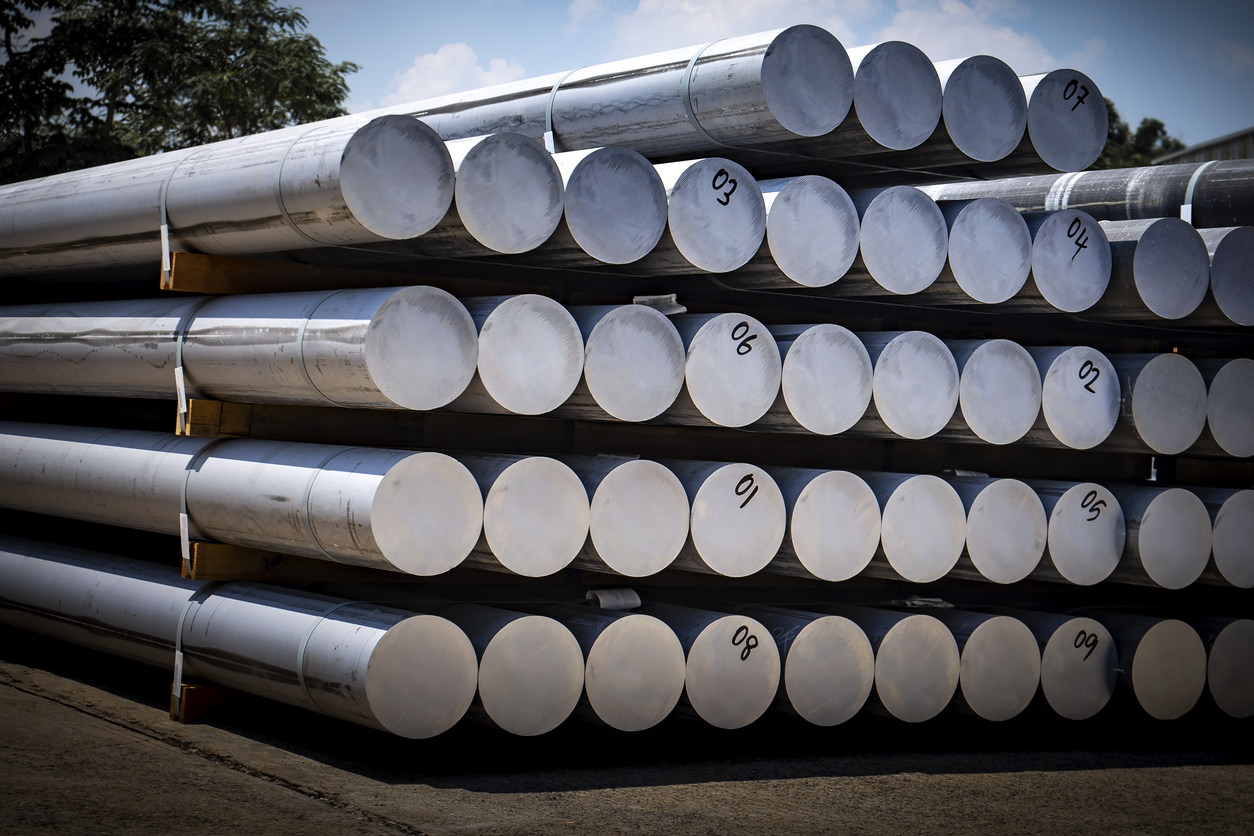
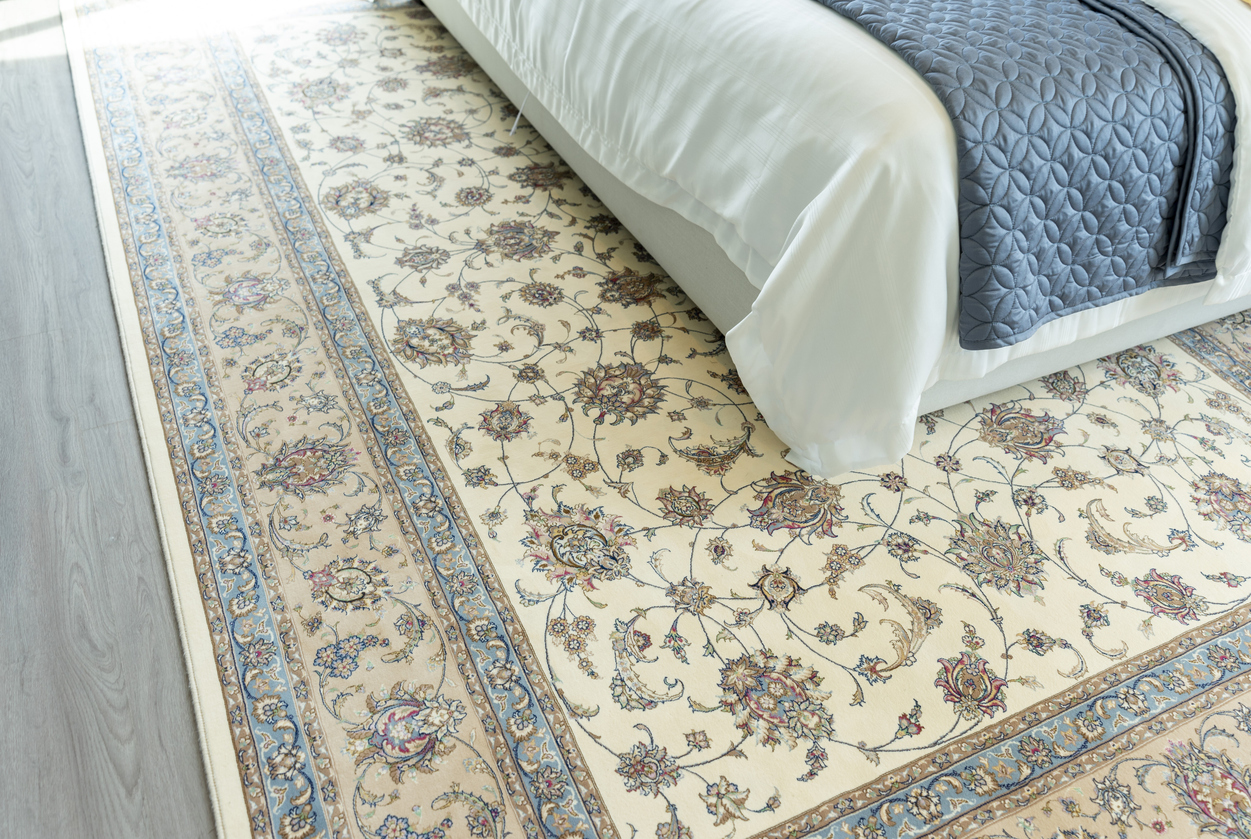
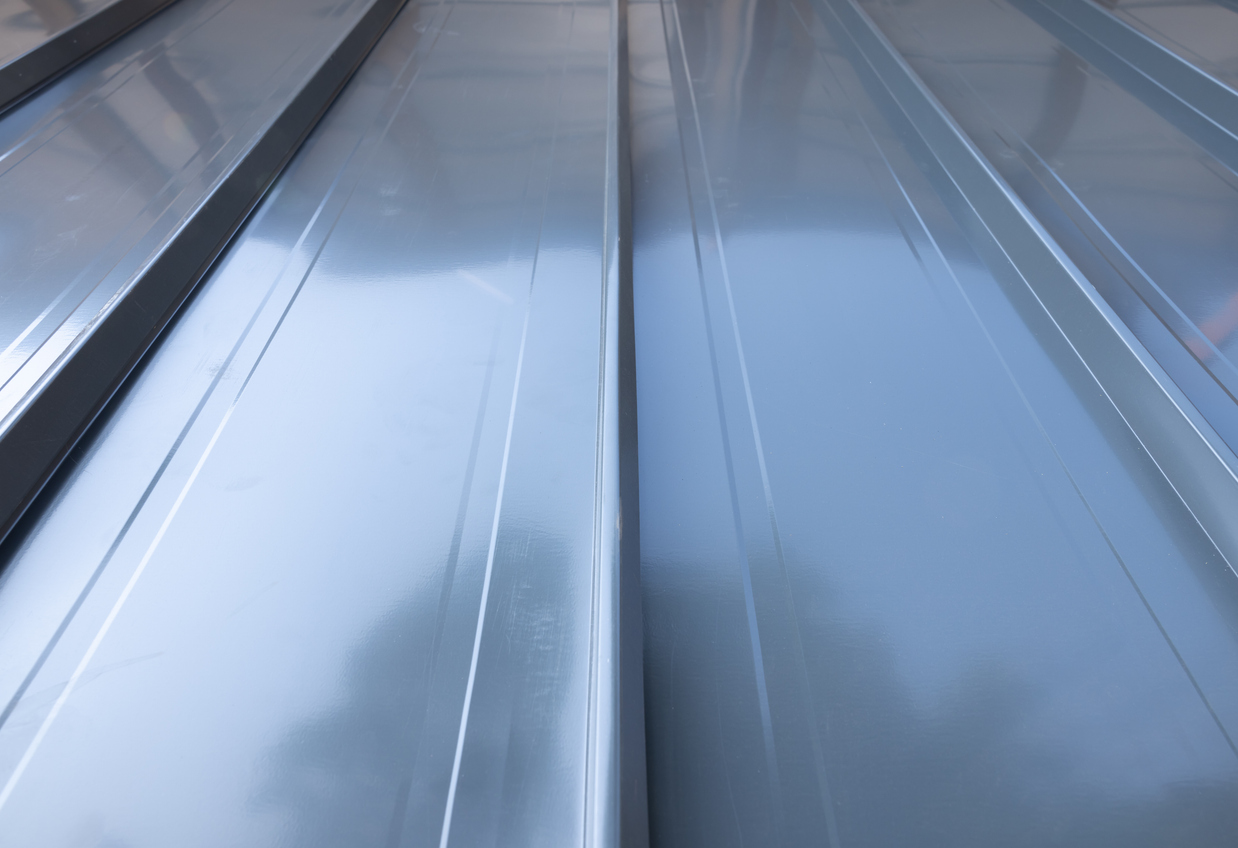
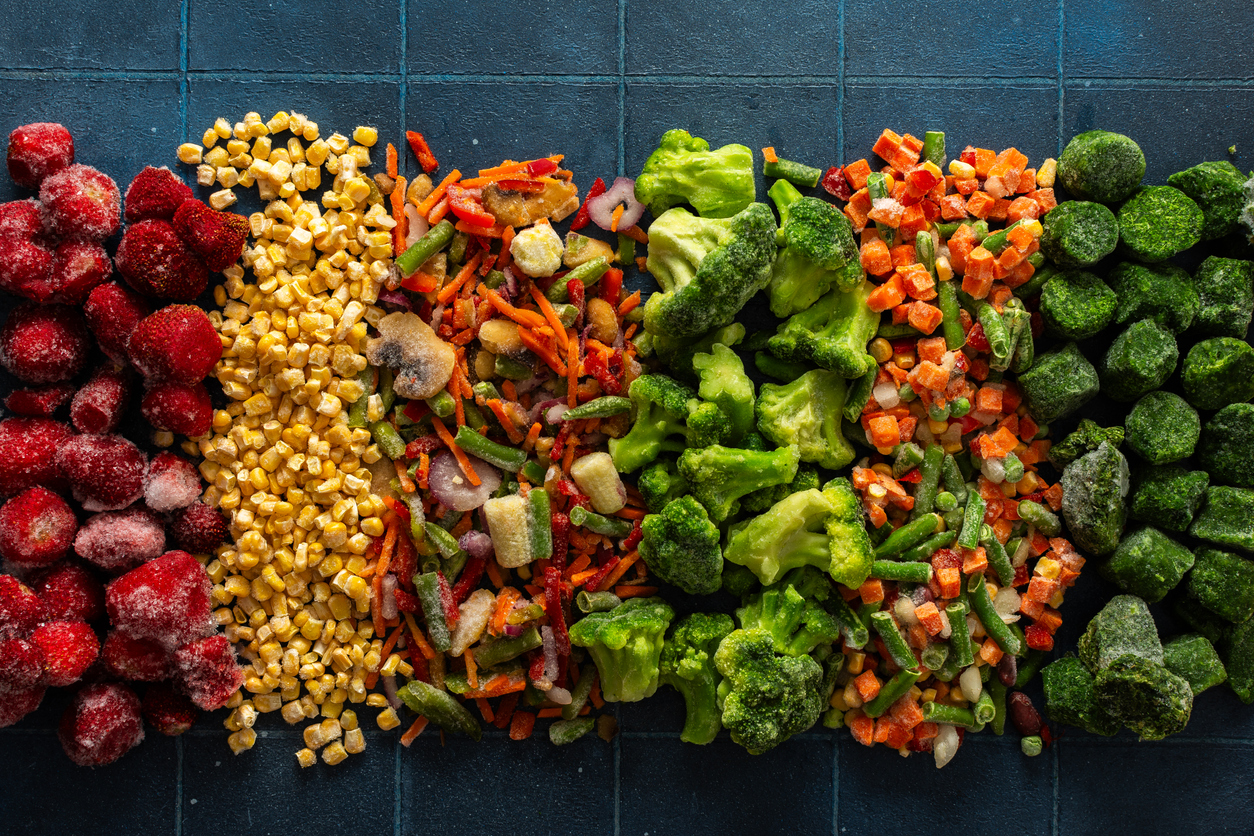
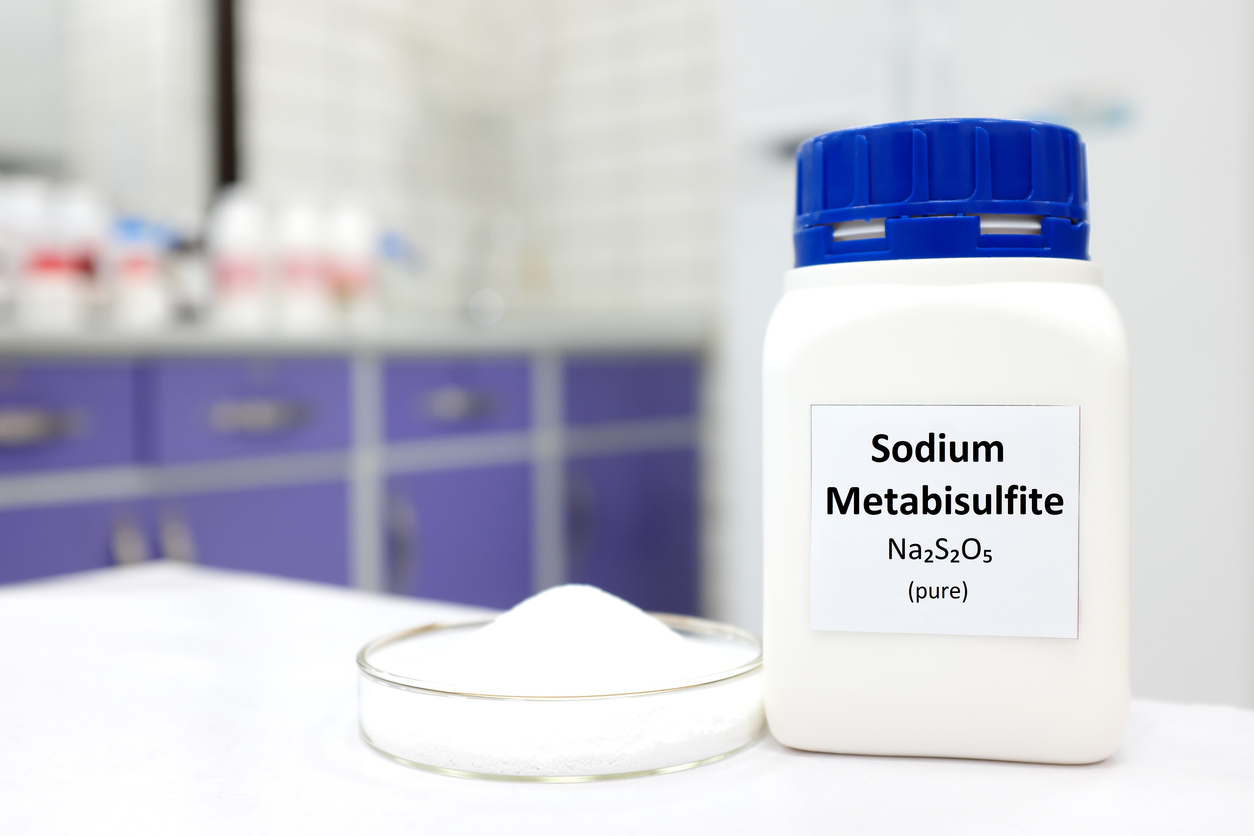
LEAVE A COMMENT
You must be logged in to post a comment.